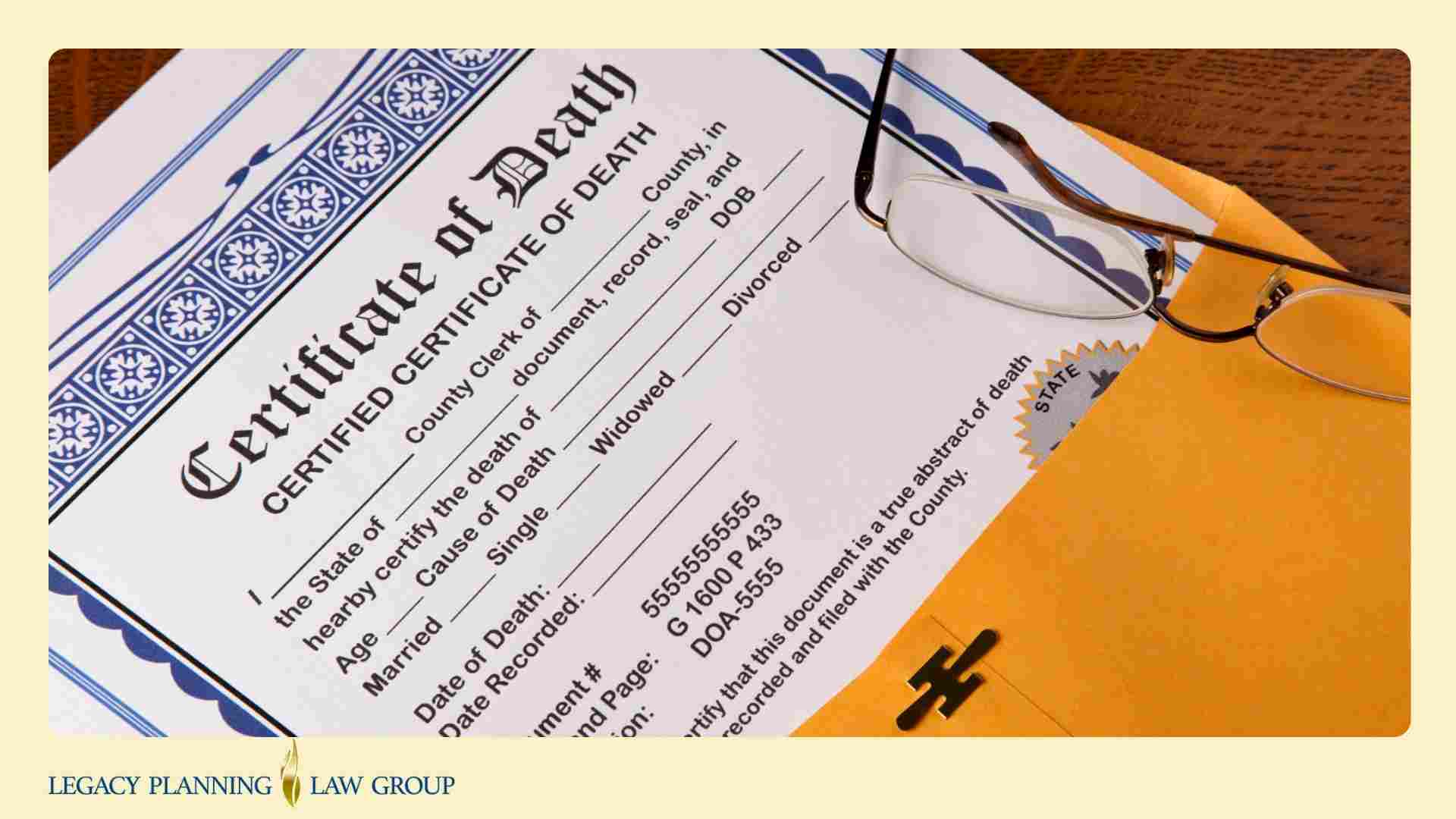After relatives die, the executor has the tedious, messy process of managing what they leave behind. Gain insights into how to best handle your obligations.

As a beneficiary of a will, if you don’t agree with how the assets are being distributed, you may ask: If you have a will, does it have to be carried out exactly as it’s written? The will can be challenged; however, you must have a legitimate legal reason to contest a will in Florida. MarketWatch’s article entitled “What can you do if you are disinherited? Here are 5 reasons to challenge a will” gives us some common reasons for challenging a will especially if you believe something improper or illegal was done relating to the will.
Conditions that May Lead to a Will Contest
- Lack of mental capacity. If the person making the will (the “testator”) wasn’t “of sound mind,” he or she may not understand their decisions. The testator must be able to understand what they own, who their natural heirs are and what they are giving and to whom. However, Florida law presumes that all testators were of sound mind and had the mental capacity required to create a will. Some decades ago, the Florida Supreme Court held that even a lunatic may make a will in a lucid interval. So Florida courts have held that things like old age, physical failings, memory lapses, or shifting judgment, do not in and of themselves establish lack of testamentary, the will creator’s, capacity. Therefore, it’s a heavy burden to prove that the testator lacked mental capacity.
- Fraud, undue influence, or forgery. Some people are tricked into signing a will, are forced to create a will under duress, or have their signature forged. You must show that the person doing the influencing was in a position of authority over the testator and that he or she used control to reign over the testator.
- Multiple wills. In this situation, the one that was made most recently is often the one that the courts will decide is valid. However, wills created immediately before death may be contested due to undue influence, lack of mental capacity, or other reasons.
- The state requirements aren’t met. Every state has specific requirements as to what must be in a will, the way in which it’s signed and the number of witnesses required. If these elements aren’t met, then the will may not be valid.
- Location. Some states may not recognize wills created in another state.
Only Interested Parties Can Contest a Will
Jacksonville probate lawyer Bill O’Leary, Esq. in his video, “How to Contest a Will,” notes that you must have legal standing or be an “interested party” to the outcome of the estate to legally contest it. Thus, you must be one these:
-
- A beneficiary named in the will;
- A beneficiary named in a prior will that is not being offered for probate; or
- A potential heir if there was no will, and the state’s laws of intestacy were applied.
If Someone Wants to Contest a Will, What’s the First Step in Florida?
In Florida the interested party has to file a petition in the Probate court where the will is being probated and ask the court to revoke
the will or hold it invalid. The petition has to be filed before the probate process is finished. Once probate starts, you only have a certain amount of time to contest a will in Florida, what’s called a Statute of Limitations.
If your case is not settled, it goes to court where you’ll make your argument as to why the will should be changed. The court will decide the outcome of your case.
A way to keep family members from fighting over an estate is add a no-contest clause into the will. This disinherits anyone who challenges a will, if their challenge fails. In order words, if you don’t win your challenge, you get nothing from the estate.
Speak with a Jacksonville Probate Lawyer to Decide if a Will Contest is Worth the Effort
Contesting a will in Florida is not common. This type of legal case is usually very expensive and time consuming. Speak with the experienced probate team at Legacy Planning Law Group by scheduling a free discovery call to help you see if the contest is worth your time, money and energy. If you want to ensure that your family does not fight over your will, comprehensive estate planning and early, clear communication with your loved ones is key. Read more in our article, Can I Prevent a Will Contest After I’m Gone?



